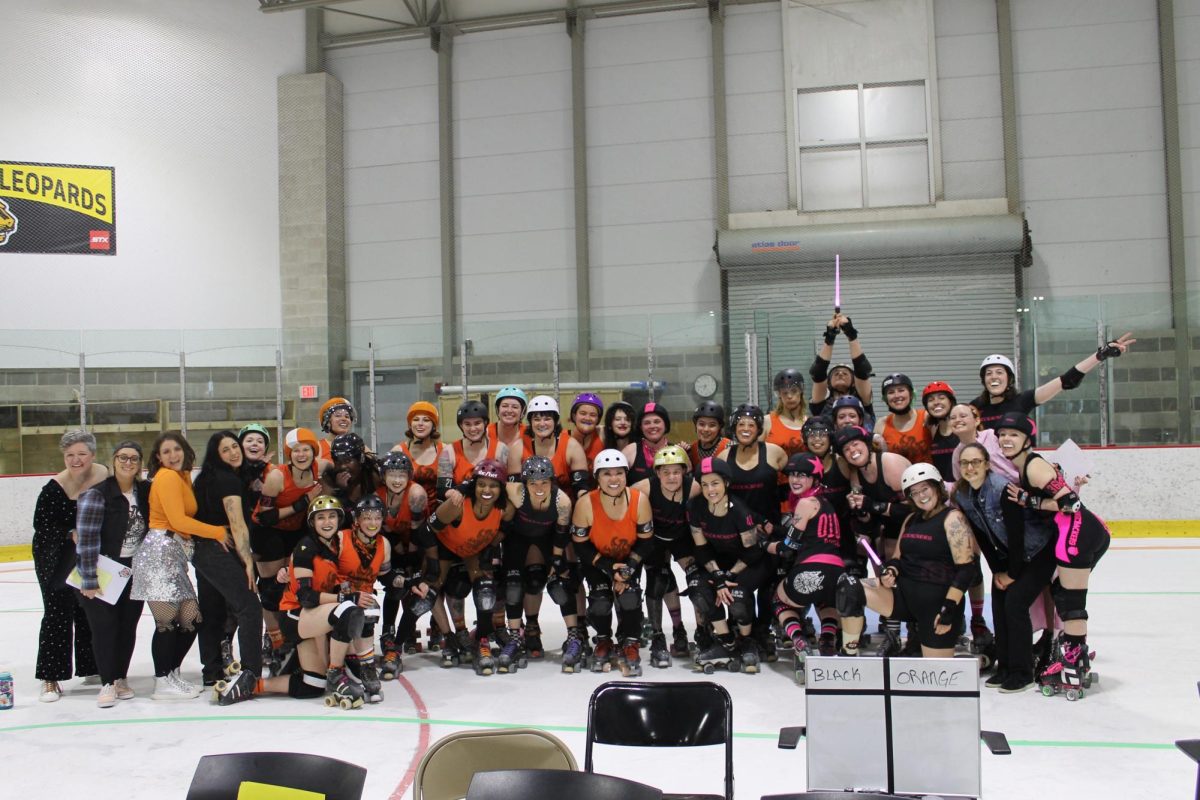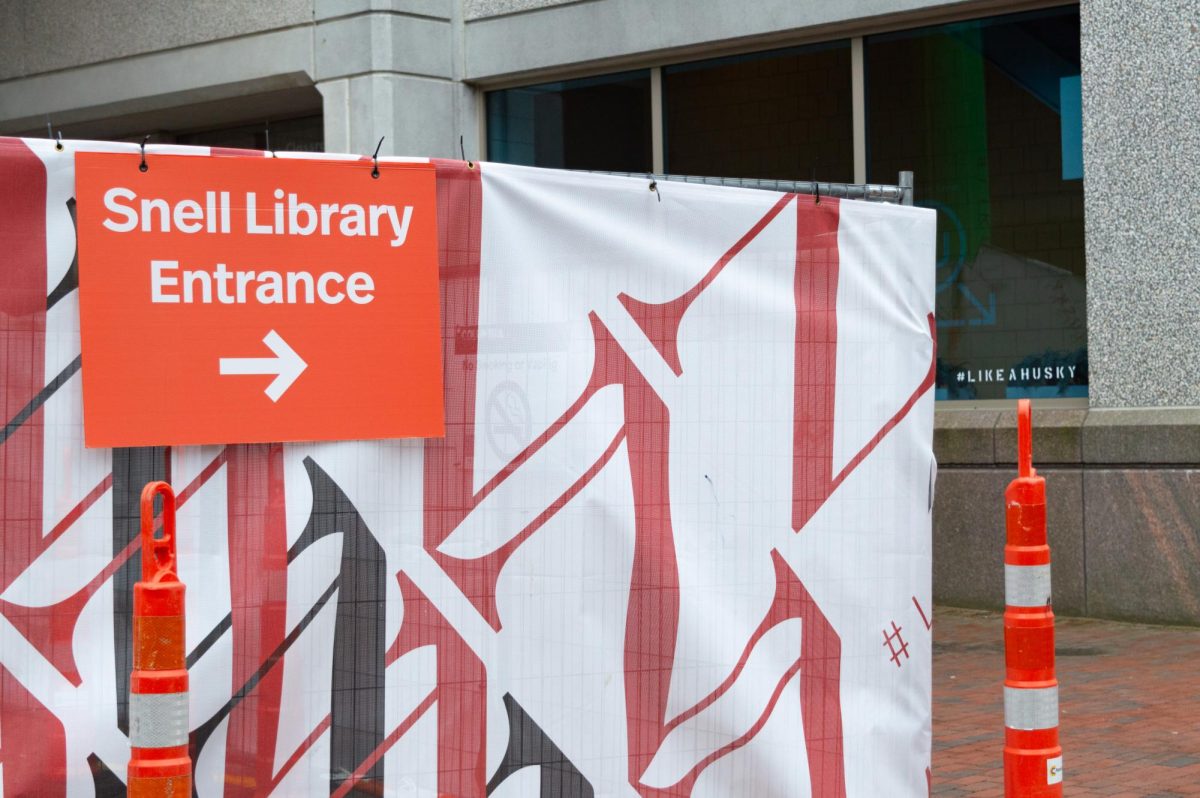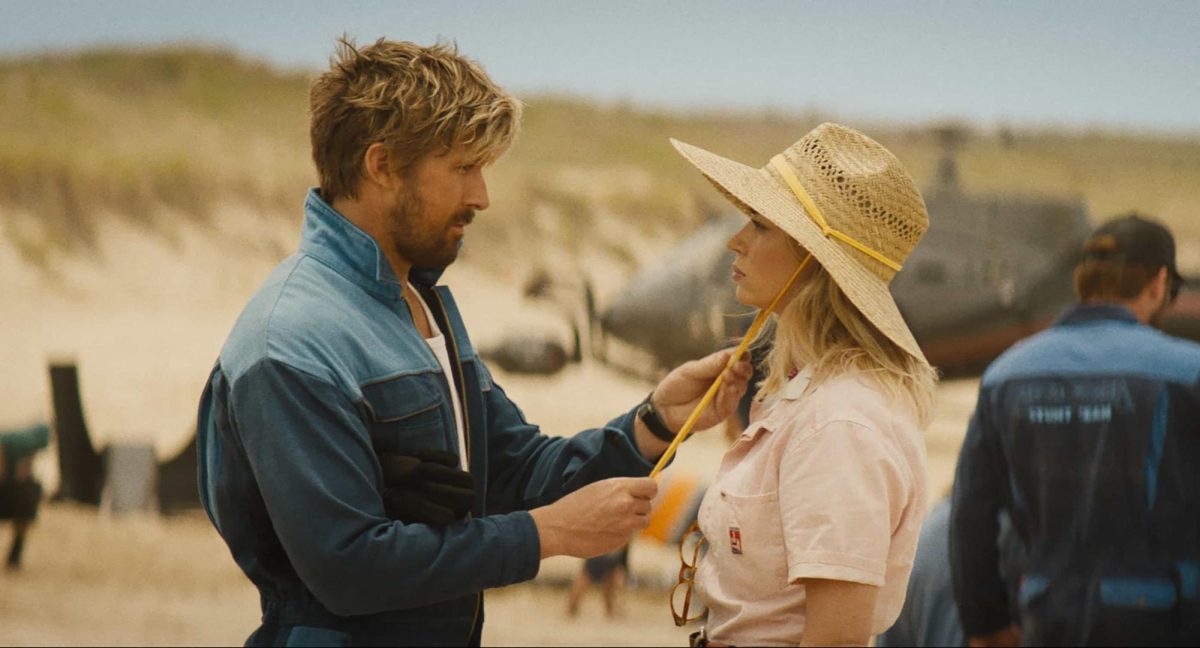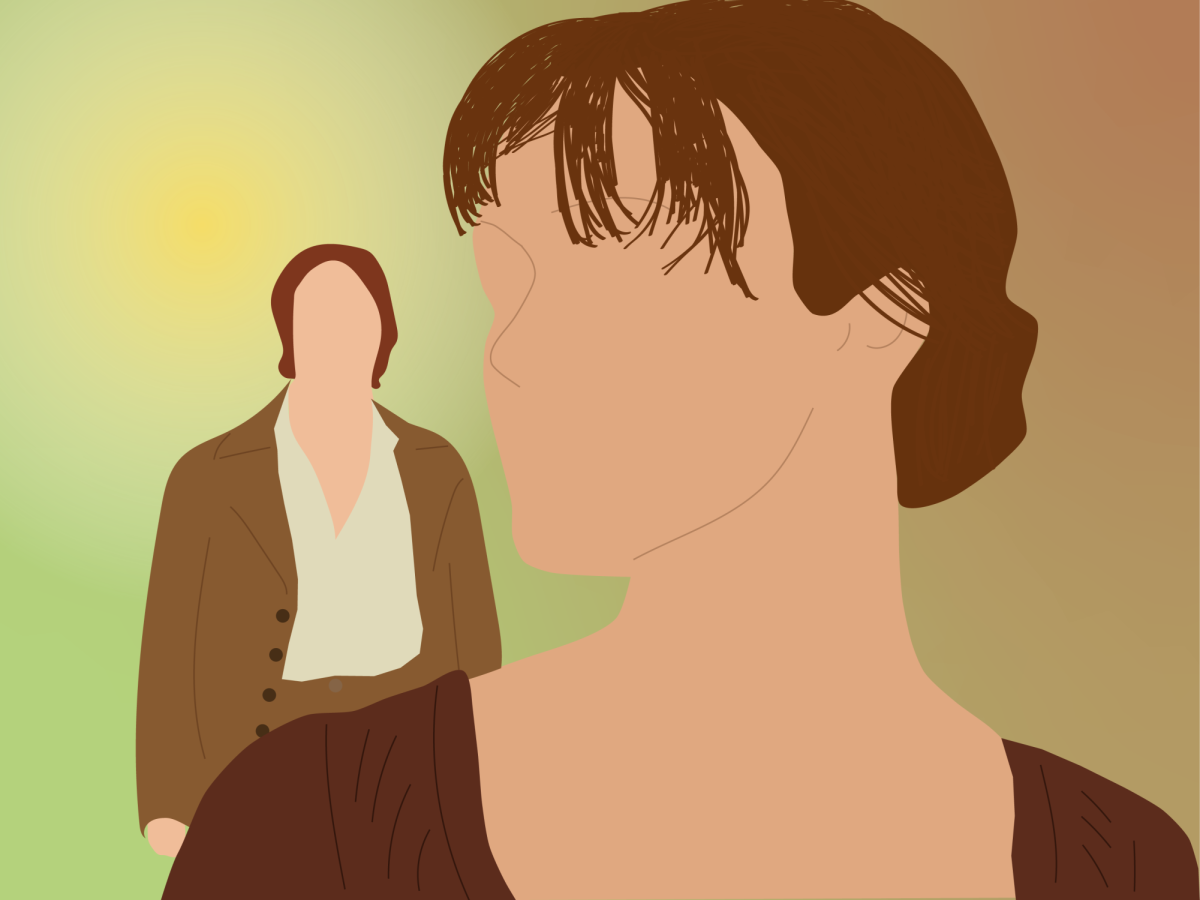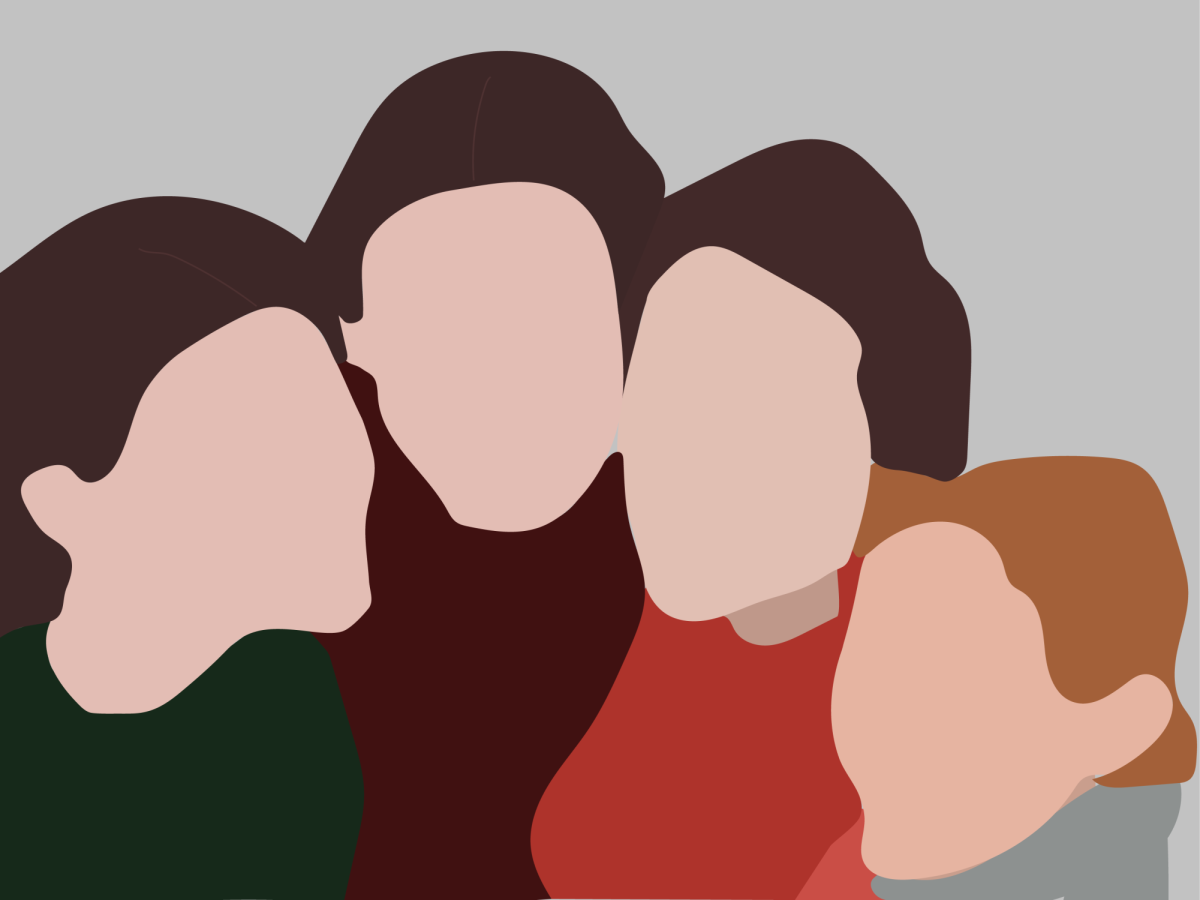 This year, the romantic comedy world sent our brains on overload with the concept of friends with benefits or, to put it more simply, no-strings-attached sex with a friend, hence the Ashton Kutcher blockbuster film’s acutely creative title.
This year, the romantic comedy world sent our brains on overload with the concept of friends with benefits or, to put it more simply, no-strings-attached sex with a friend, hence the Ashton Kutcher blockbuster film’s acutely creative title.
The situation seems ideal – male/female friendships with the perks of sex, camaraderie and no real commitment. But while this type of relationship is widely explored, talked about and sought after, I can’t help but wonder what happened to platonic, co-ed friendships with no other benefit than somebody to share a beer with.
In high school, the majority of my closest friends were guys. Not because I was a tomboy, loved sports or played video games – quite the opposite. I opted to spend my time with boys because I simply liked them more than girls. Although to a third party they might have been considered “attractive,” I never found myself attracted to any of them. Dating was not even a question; it would’ve somehow been incestuous. Our relationship “statuses,” (pre-Facebook) were irrelevant and our friendships remained consistent through my boyfriends and their girlfriends.
I just assumed this was normal, but apparently, it’s a whole different ball game in college. Here, almost all of my friends are female and not by pure coincidence. During my four years at Northeastern, I have had very few male friends who have not proposed the idea of “hooking up.” While I’m not necessarily opposed to the idea, the suggestion gets a little old and a little degrading. Almost everyone enjoys feeling wanted, but it would be genuinely refreshing to feel wanted based something other than sexual desire. I can’t help but question the person’s motives from that point on.
And I’m pretty sure I’m not alone. I hear it from my roommates, my girlfriends and the few (strictly) guy friends I do have, that they, too, have a difficult time forming platonic male/female friendships. According to a study done on “friends with benefits (FWB),” at Wayne State University in Detroit and Michigan State in East Lansing, 60 percent of the sample group of 125 reported having been involved in this type of friendship.
Let’s be blunt – people, especially us college kids, are obsessed with sex. But I can only blame the constant question of “will we eventually get together” on hormones to a certain extent. The biggest enemy? Ashton Kutcher. Mostly pop culture, which, in my humble opinion, leads everyone between the ages of 18 and 30 to believe that friendships are founded on personal fulfillment rather than the pleasure of another person’s company. Thanks for nothing, Hollywood.
The study also found that 28 percent of “couples” were long-term friends with benefits, but 36 percent cited changes in the friendship after about six months. Of that group, 26 percent eventually ended both the sex and the friendship.
The reasoning for the termination could be unlimited however as 65.3 percent of the people who had engaged in a “friends with benefits”-type relationship said the potential of romantic feelings was the biggest disadvantage. The notion of possibly developing legitimate feelings could easily lead to jealousy, especially because most of these so-called friendships are not mutually exclusive. Throwing envy into the mix brings the relationship to an entirely new level, one that undermines its original purposes.
So I have a bone to pick with this plan: is that six months of “intimacy” worth more than keeping the friendship alive? And if so, how does that even constitute a true friendship? While it’s nice to assume that after a certain amount of time the sex ends and both parties return to being nothing more than friends, it’s just not realistic.
That is why I am on the search for the very opposite of everything I’ve just described – a male friend based on intellect instead of physical attraction. And I’m sure that for all of the people I know struggling to do the same, there is at least one person reading this who possesses this very type of relationship, maybe even multiple.
Whoever you are, I envy you. And you serve as my encouragement to keep in mind that not everyone has lost their naiveté. But in return, I encourage you to hold onto it, because we are among the exception.
– Erica Thompson can be reached at [email protected]


